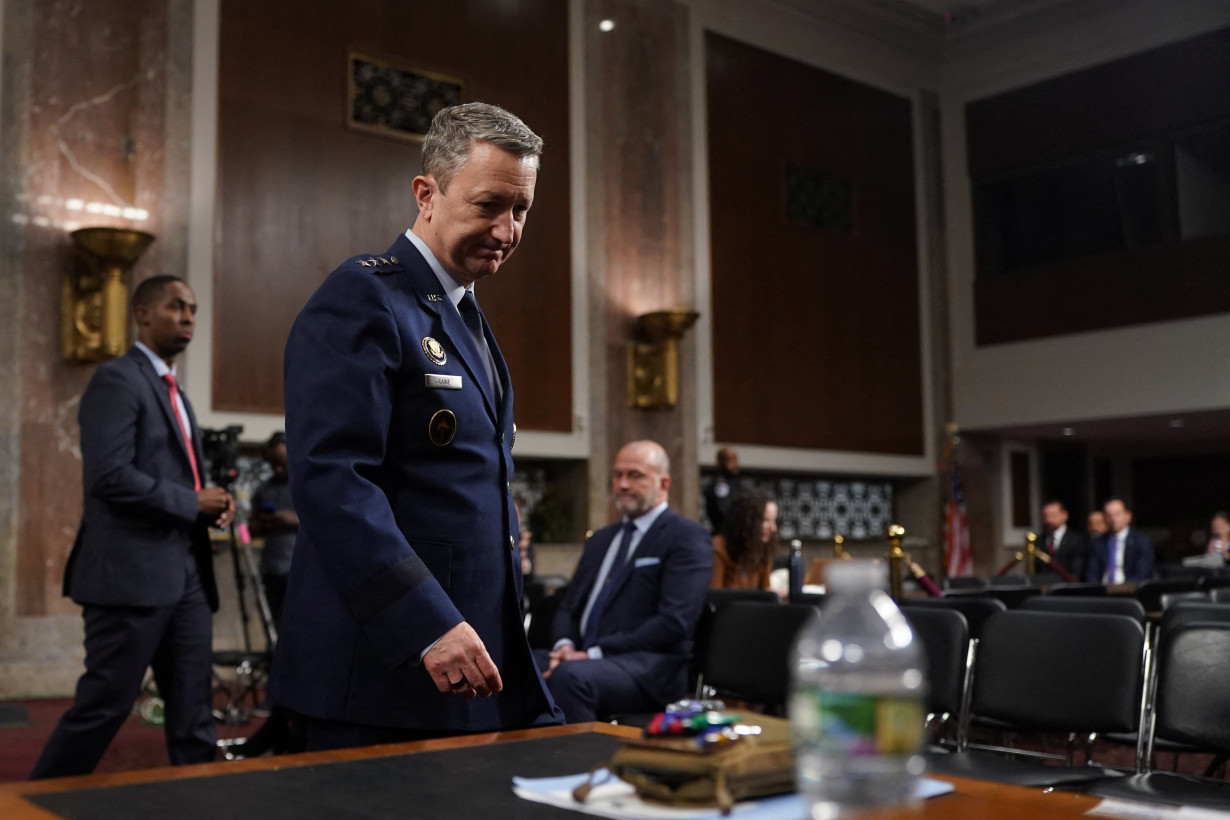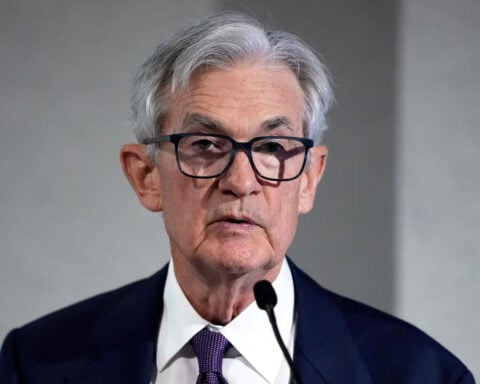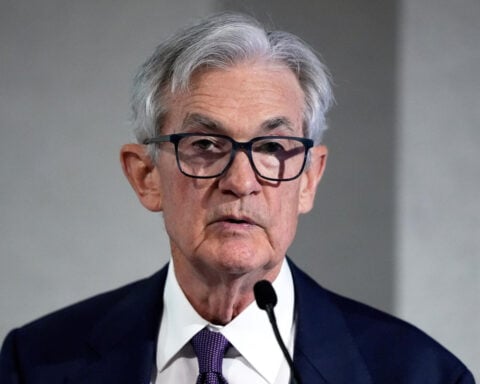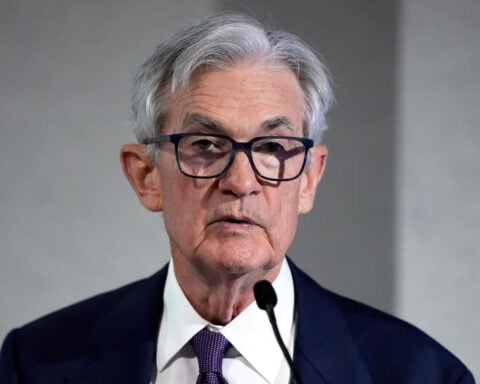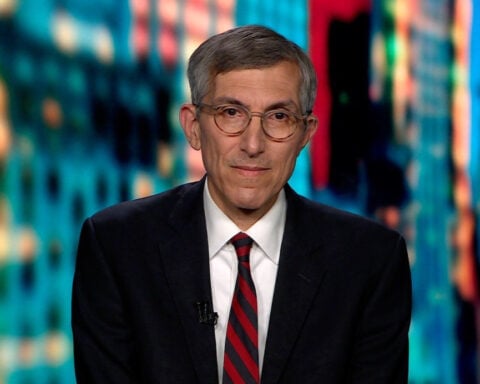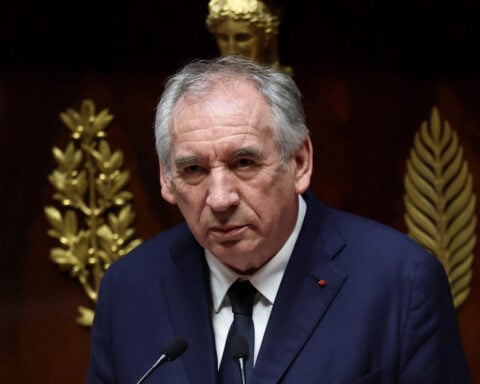By Phil Stewart, Idrees Ali and Patricia Zengerle
WASHINGTON (Reuters) -The nominee to become the highest-ranking U.S. military officer sought to reassure Democratic lawmakers on Tuesday that he would not become a "yes man" for President Donald Trump if confirmed, after being plucked from retirement and relative obscurity.
Trump stunned the Pentagon in February by firing Air Force General C.Q. Brown, the chairman of the Joint Chiefs of Staff, and naming retired Air Force Lieutenant General Dan "Razin" Caine to succeed him.
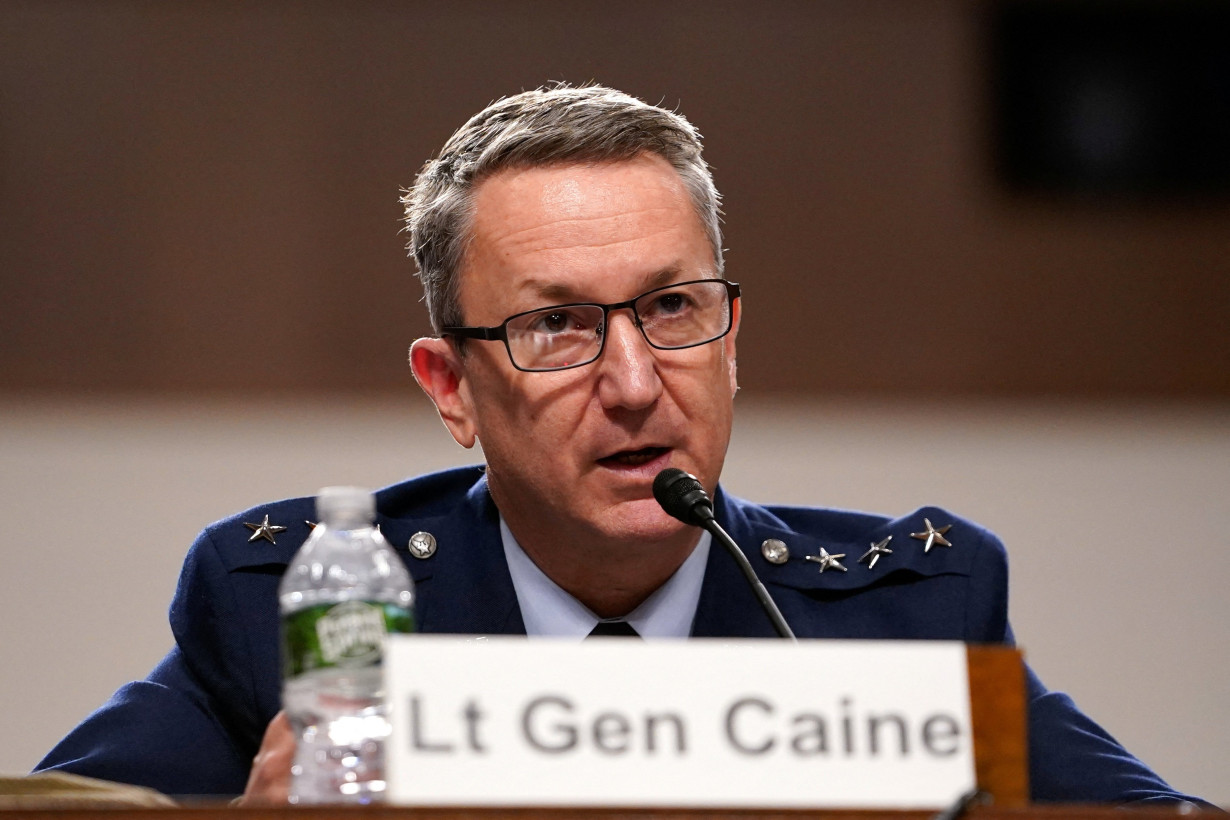
"General Brown's dismissal reveals, once again, President Trump's intention to install yes men and women with fealty to him and not to the Constitution or the American people," Democratic Senator Mazie Hirono said at Caine's Senate Armed Services Committee confirmation hearing.
At the hearing, Caine, however, presented himself as apolitical, saying he was willing to face dismissal and would push back if President Trump asked him to carry out illegal orders. He pledged to follow U.S. laws and the Constitution.
"I've always strived to do the right thing and that's not going to change now," Caine said during the largely uncontentious hearing.
Uniformed military officials are supposed to be loyal to the U.S. Constitution and independent of any party or political movement.
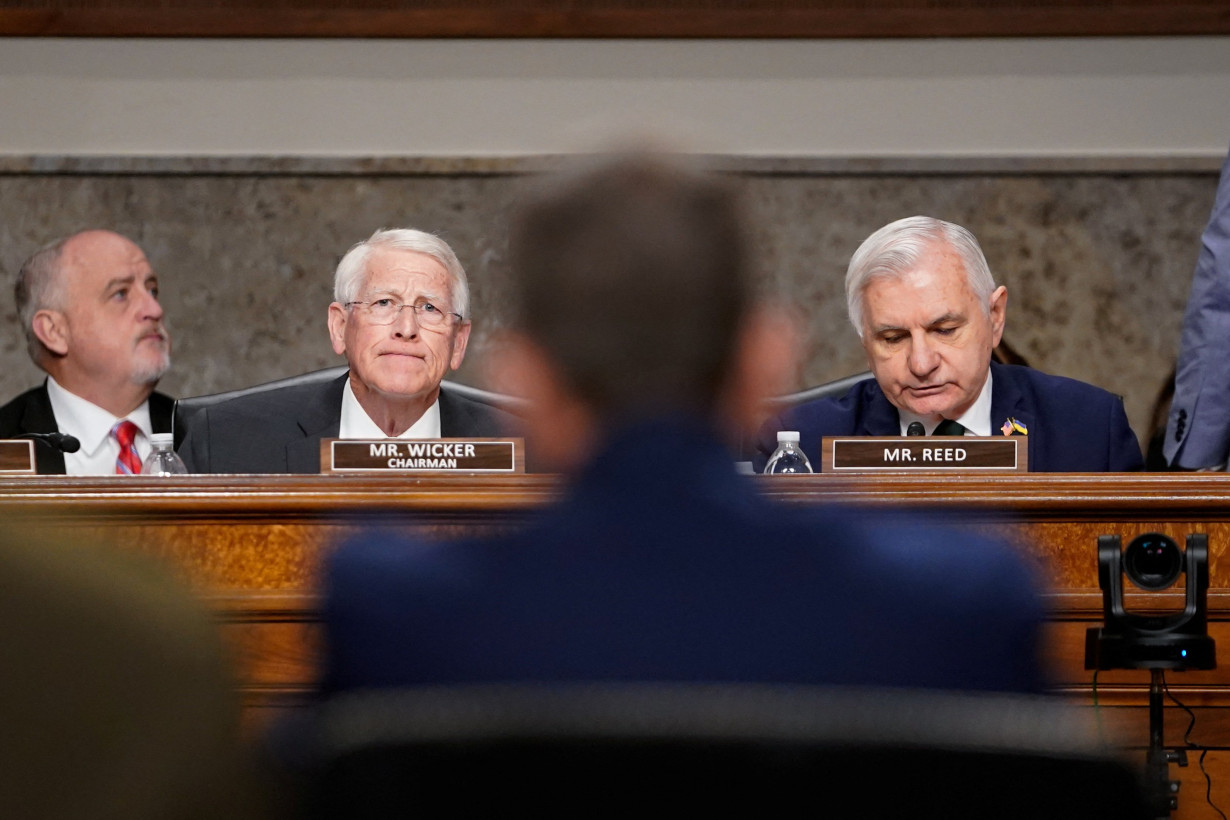
Trump recently recounted meeting Caine for the first time in Iraq in 2018 when the general was a senior U.S. military leader there.
In the retelling, Trump described how service members put on "Make America Great Again" hats at a gathering to greet the president in a military hangar in Iraq. Some critics have said Trump implied that Caine wore a hat.
But at the hearing on Tuesday, Caine was asked whether he had ever donned a MAGA hat, a sign of support for Trump.
"I have never worn any political merchandise," Caine said, adding that doing so would "probably" constitute partisan political activity.
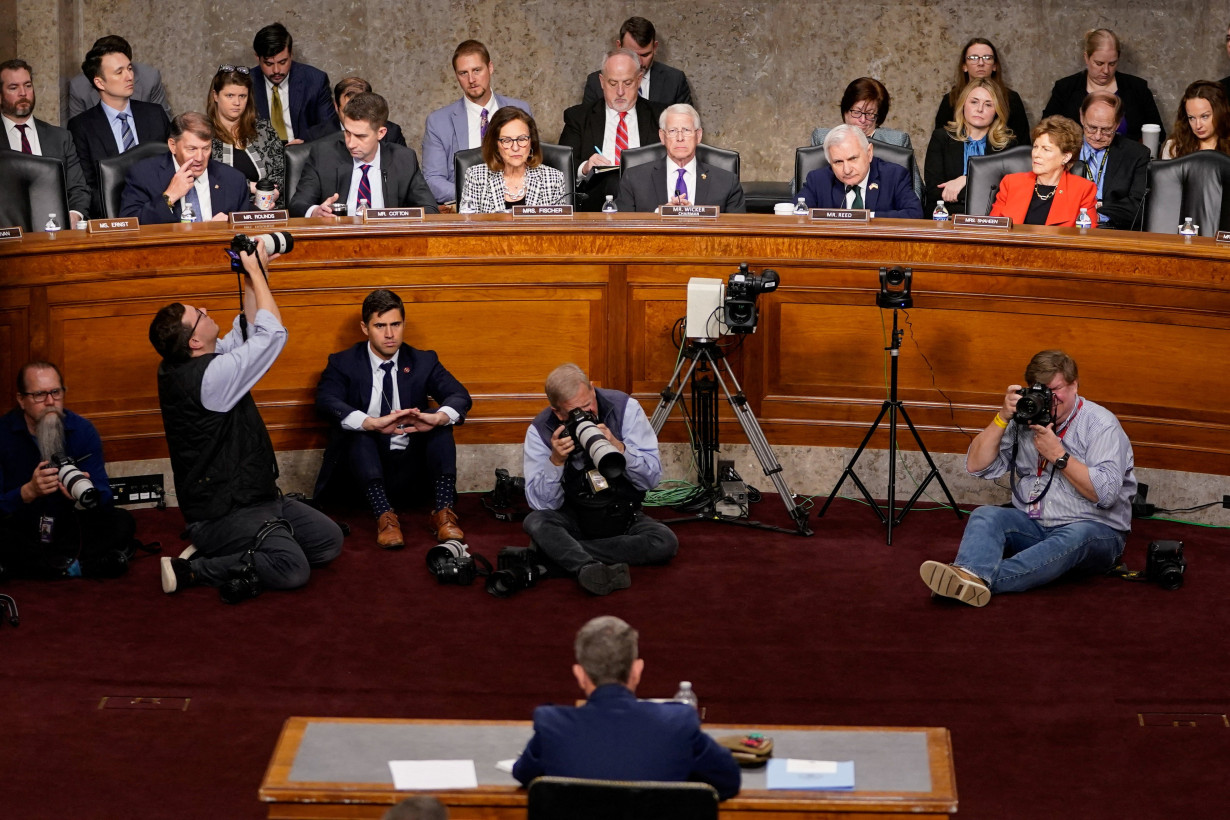
Trump has also claimed that during that visit to Iraq, a service member said he loved the president and, "I'll kill for you, sir."
Democratic senators probed Caine on whether he said the words. Caine said that he had relistened to Trump's comments and he appeared to be referring to someone else.
Caine is in an unprecedented position. If confirmed, he would replace the first joint chiefs' chairman ever relieved by a president and would be the first to be brought out of retirement for the role.
Unlike other nominees before him, Caine neither has the rank nor experience required by statute. So, to be confirmed, he will require the first presidential waiver.
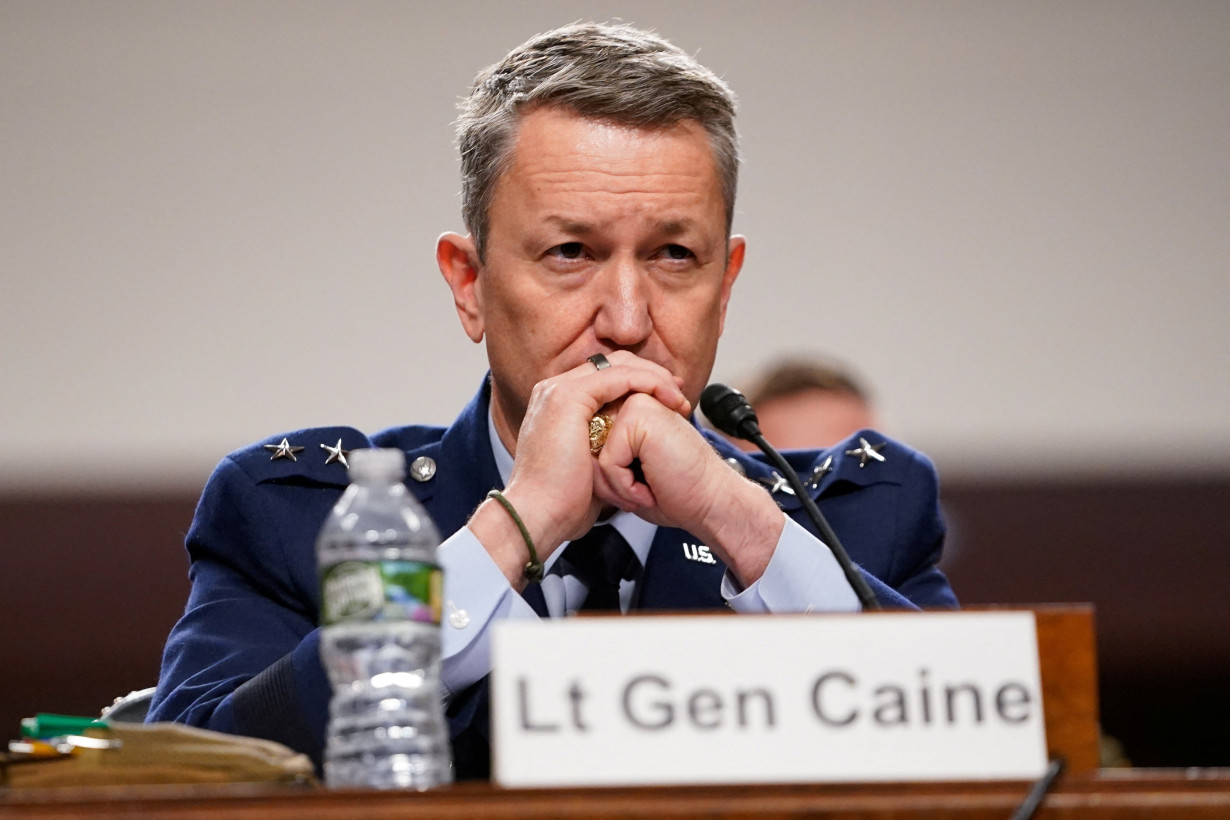
The slim Republican Senate majority means that Caine can lose support from no more than three senators if Democrats and independents unite against him.
'UNCONVENTIONAL PICK'
Caine, a retired F-16 pilot, has not followed the traditional path to becoming the president's top military adviser, which entails leading a combatant command or a military branch of service.
Caine acknowledged that he was an unconventional pick, but added: "These are also unconventional times."
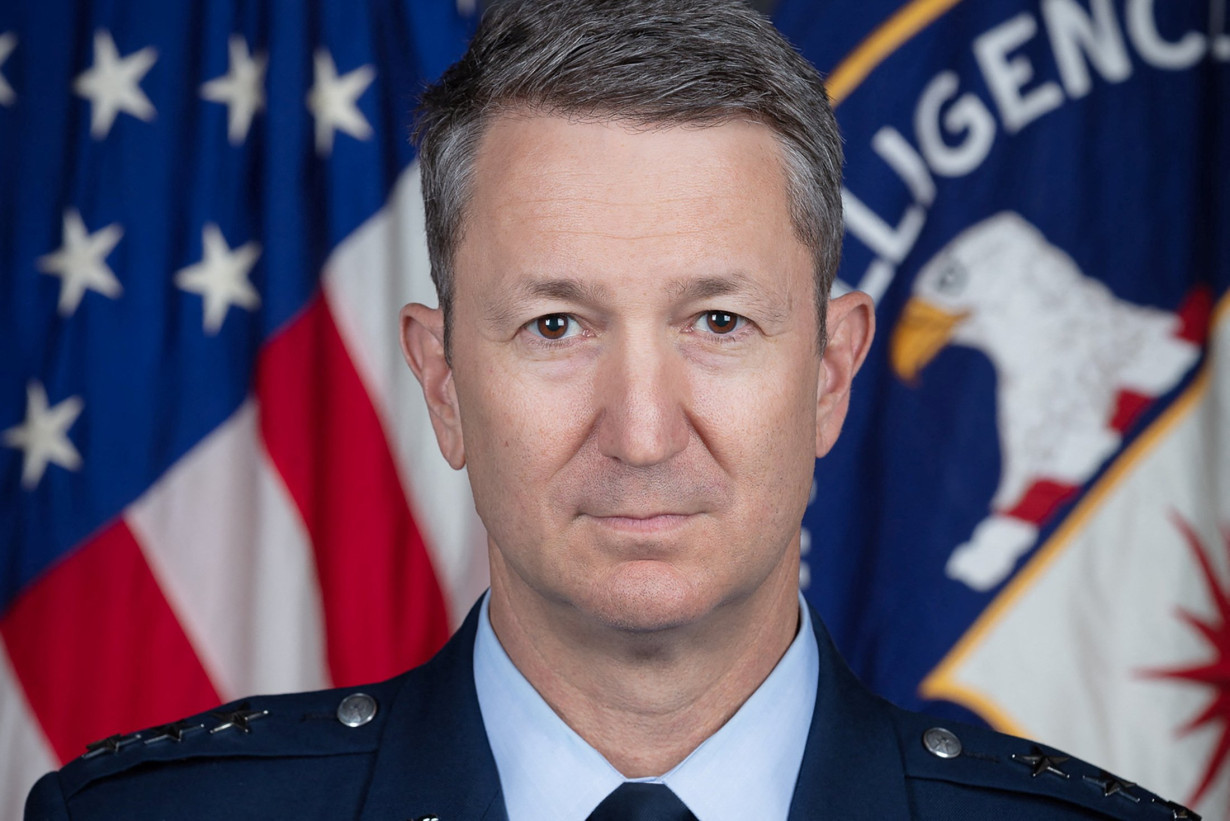
Caine was a part-time member of the National Guard and "a serial entrepreneur and investor" from 2009 to 2016. He was most recently associate director for military affairs at the Central Intelligence Agency, before his retirement late last year.
But it was his time in Iraq from 2018 to 2019 that helped him gain Trump's attention.
Little is known about where Caine stands on major policy issues, but he told lawmakers that he agreed with Trump that Iran should never have a nuclear weapon.
Several Democratic committee members asked Caine about senior Trump administration officials' use of the commercial Signal message app to coordinate U.S. attack plans in Yemen, a discussion that inadvertently included a journalist from The Atlantic.
Democratic lawmakers have condemned the March incident, saying it showed the Trump administration's cavalier approach to classified information.
Caine dodged questions about the chat itself but added: "We should always preserve the element of surprise and never put our warfighters in harm's way."
(Reporting by Idrees Ali, Phil Stewart and Patricia Zengerle; Editing by Leslie Adler, Mark Porter and Cynthia Osterman)

 Trump has begun another trade war. Here's a timeline of how we got here
Trump has begun another trade war. Here's a timeline of how we got here
 Canada's leader laments lost friendship with US in town that sheltered stranded Americans after 9/11
Canada's leader laments lost friendship with US in town that sheltered stranded Americans after 9/11
 Chinese EV giant BYD's fourth-quarter profit leaps 73%
Chinese EV giant BYD's fourth-quarter profit leaps 73%
 You're an American in another land? Prepare to talk about the why and how of Trump 2.0
You're an American in another land? Prepare to talk about the why and how of Trump 2.0
 Chalk talk: Star power, top teams and No. 5 seeds headline the women's March Madness Sweet 16
Chalk talk: Star power, top teams and No. 5 seeds headline the women's March Madness Sweet 16
 Purdue returns to Sweet 16 with 76-62 win over McNeese in March Madness
Purdue returns to Sweet 16 with 76-62 win over McNeese in March Madness
